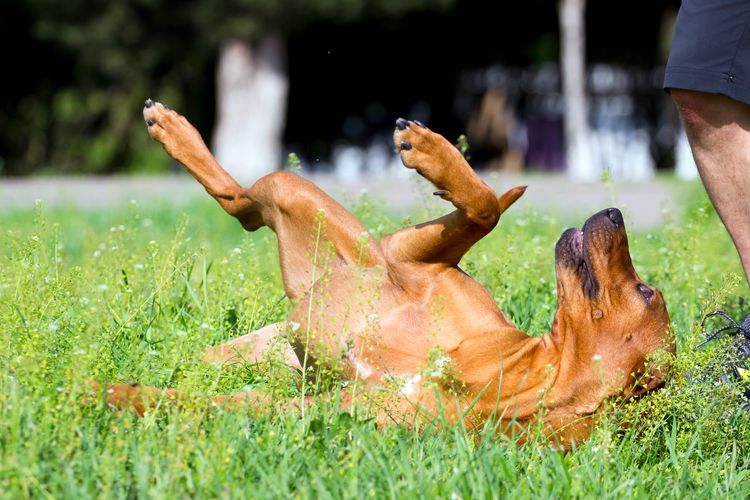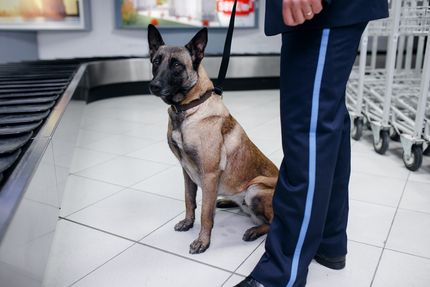Have you ever heard strange noises coming from your four-legged friend's stomach? These gastrointestinal noises can sometimes be worrying, but don't worry, they are often completely normal. In this blog post, you'll find out what these noises can mean and when you should be worried.
Normal or not? Understand the sounds of your dog's stomach and intestines
Gastrointestinal noises, medically known as borborygmi, are quite common in dogs. They are caused by the movement of gas, fluid and food in the digestive tract. Most of the time, they are a sign that your dog's digestive system is working normally. So, if you hear them occasionally, everything is probably fine.
When should you pay attention?
However, there are situations where these noises could indicate a problem. For example:
- If the noises are very loud and frequent.
- If they are accompanied by symptoms such as vomiting, diarrhea, loss of appetite or lethargy.
- If your dog seems to be in pain or is unusually restless.
Possible causes of loud gastrointestinal noises
- Indigestion: Sometimes your dog may eat something that is not good for him. This can lead to gas formation and loud noises.
- Parasites: Worms or other parasites can also cause digestive problems and noises.
- Food allergies or intolerances: Certain ingredients in the food can cause reactions.
- Serious illnesses: In rare cases, these noises can indicate more serious problems such as gastric torsion or intestinal obstruction.

Change of diet - the dog's tummy rumbles
A change of food in dogs can have various effects on their digestive system. A common consequence is a rumbling tummy, a sign that the digestive tract is adapting to the new food. There can be several reasons for this.
First, it is important to understand that a dog's digestive system can be sensitive to change. A sudden change in diet, without a gradual introduction of the new food, can lead to gastrointestinal irritation. This often manifests itself in the form of bloating, diarrhea or constipation. The rumbling tummy is a sign that the dog's digestive tract is actively working to process the new food.
To minimize such discomfort, it is advisable to make the food change gradually. This means introducing the new food gradually over a period of several days or weeks while slowly reducing the old food. This gives the digestive system time to get used to the new ingredients and nutrient ratios.
It is also important to pay attention to the quality and composition of the new food. High-quality, easily digestible food can make the transition phase easier. Allergy-causing ingredients, if known, should also be avoided.
If the dog continues to have digestive problems despite a gentle change of diet, it is advisable to consult a vet. Sometimes underlying health problems, such as food allergies or intolerances, can be responsible for the digestive problems.
Overall, it is important to be patient and pay attention to your dog's reactions when making a food change. With the right approach and, if necessary, veterinary support, the changeover can be made successfully and without major discomfort for the dog.

Massaging your dog's tummy
Massaging the tummy can be very soothing for your dog whose stomach is rumbling and who has digestive problems. A gentle belly massage helps to relieve tension and promote digestion. However, you should bear a few points in mind.
Start the massage by relaxing your dog. Find a quiet place and use a gentle voice to create a calming atmosphere. Gently place your hands on his belly and start with light, circular movements. The movements should be gentle so as not to alarm the dog or cause pain.
Pay attention to your dog's reactions during the massage. Relaxed behavior shows that the massage is pleasant. However, if your dog shows signs of discomfort or withdraws, stop the massage.
It is important to note that abdominal massage is not appropriate for all digestive problems. If there are signs of severe pain, changes in bowel movements or vomiting, you should first consult a vet. In such cases, massage can be counterproductive and should be avoided without veterinary advice.
Overall, an abdominal massage can be a supportive measure for mild digestive problems and contribute to your dog's relaxation and well-being.




















